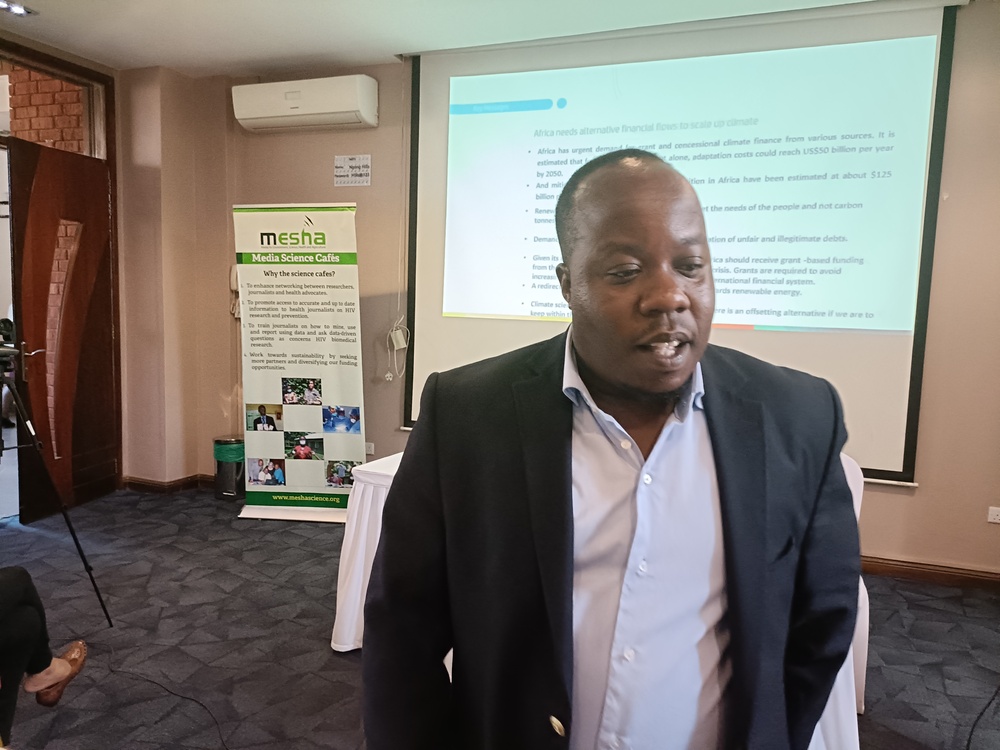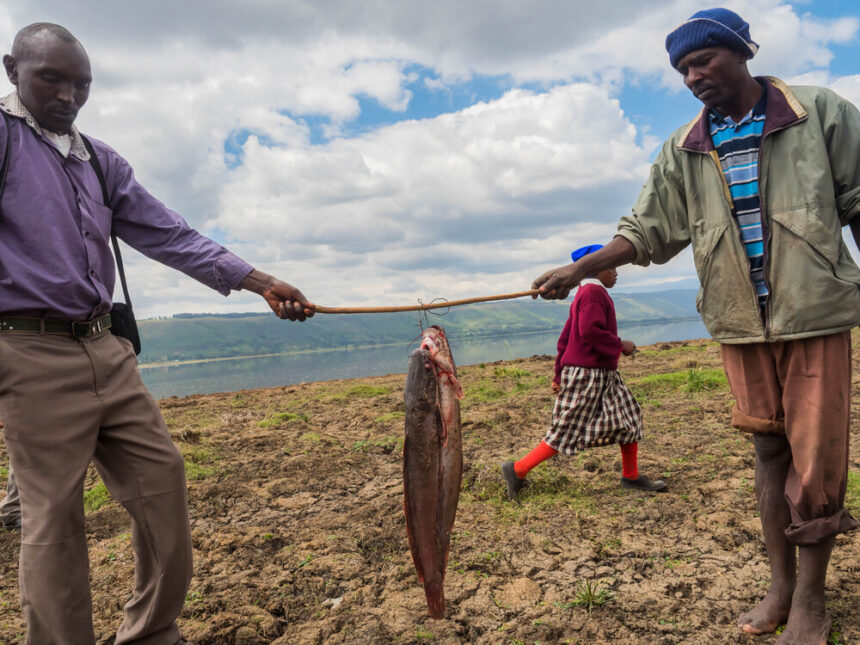By Aghan Daniel I aghan@meshascience.org
At the close of the 10th special session of the African Ministerial Conference on the Environment (AMCEN), Ministers adopted the African common position, highlighting the continent’s key priorities for the upcoming 29th session of the Conference of Parties (COP29) of the United Nations Framework Convention on Climate Change (UNFCCC).
AMCEN, an annual gathering of African Environment Ministers to discuss and strengthen environmental governance, was this year held from 30th August-6th September, 2024, in Abidjan, Cote d’Ivoire, under the theme; “Raising Africa’s Ambition to Reduce Land Degradation, Desertification, and Drought.”
Over the years, a key agenda of AMCEN is the African common position on climate change negotiations—a declaration containing key priorities and messages in the various themes of the climate negotiation process. The need to unlock climate finance has, for years, dominated the discussions for Africa, and it was equally the case at this year’s session, at which the importance of climate finance was highlighted and reiterated. It was reported that despite African countries submitting ambitious Nationally Determined Contributions (NDCs), there hasn’t been corresponding support for their implementation.
To achieve their NDCs, African countries need an estimated US$2.8 trillion between 2020 and 2030.
Ali Mohamed, Chair of the African Group of Negotiators on Climate Change (AGN), in his presentation on Africa’s priorities had this to say, “As we head to COP29, the Africa group is prioritising the need for ambitious climate finance outcomes. We are particularly focusing on an ambitious New Quantified Goal on Climate Finance (NCQG) outcome that is based on evolving needs as reflected in developing countries’ NDCs, National Adaptation Plans, and other national climate planning and programming instruments. Our position includes; a quantum of $1.3trillion per annum by 2030; quality of finance that is informed by criteria including debt sustainability, cost of borrowing, and significantly from public sources, thus emphasizing grant and highly concessional finance; and transparent mechanisms in respect of accountability.”

The adopted AMCEN climate change decision further highlights the importance of adaptation to Africa, in the context of its well-known vulnerabilities to climate change, particularly in climate sensitive sectors such as agriculture and water, with cascading effects into the health sector.
“As highlighted in the 2023 State of Climate Report in Africa, the continent remains on the front lines of fighting climate change and its impacts; from rising temperatures to shifting rainfall patterns, and other extreme weather events. As a consequence, key sectors such as agriculture, water and health are in dire straits. Crumbling agricultural productivity and production due to either droughts or floods, water scarcity and rising temperatures are not only causing food insecurity but also leading to serious health challenges for the people. Both health and climate experts keep highlighting nutrition-related challenges, heat stress, occurrence and increase of certain infectious diseases such as malaria and waterborne illnesses, among others. A deeper understanding on this nexus is a must for effective adaptation,” noted the AGN Chair.
Other key priorities for Africa contained in the adopted common position include; the call for the operationalization of the Loss and Damage Fund to support African countries in coping with the irreversible impacts of climate change and aid in the recovery of affected communities; equitable just transition in the context of Africa’s unique needs and development circumstances; the need to launch work on Africa’s special needs and special circumstances recognising Africa’s vulnerability; and finalisation of rules for carbon markets that are robust and deliver environmental integrity and the long-term goals of the Paris Agreement.

According to Amos Wemanya of Greenpeace, discussions at the AMCEN went further to confirm that African people are facing the worst impacts of climate change. This, he said, calls for urgent and bold actions to avert the catastrophe that climate change has become noting that it is time to hit the climate finance button.
“Our communities need support in the form of grant-based climate finance that reflect the needs for building resilience to climate impacts and addressing the climate induced losses and damages,” he told this writer.
The AMCEN decision on climate change sets in motion our engagement in the upcoming crucial COP in Baku on climate finance.
He added that African governments, negotiators, civil society and media must lead the charge in demanding for ambitious goal on climate finance that is debt free, public and adequate to meet the needs of communities on the front line of the crisis.
Wemanya went to state that however, carbon offsets should not be considered as climate finance. The increased reliance on carbon markets as a resource for climate finance needs to be critically reevaluated. Historical polluters have been advancing the agenda of carbon offsets as a potential solution to the climate crisis.
In many African countries such as Kenya, the arrival of carbon projects has precipitated multiple social upheavals. The ongoing acquisition of thousands of hectares of land to establish these projects, for instance, has led to the forceful removal, eviction and displacement of communities from their ancestral land.
“COP 29 presents Africa with an opportunity to advocate for a new climate finance goal that responds to the realities of our people and the need to protect our ecosystems and planet,” he observed.









